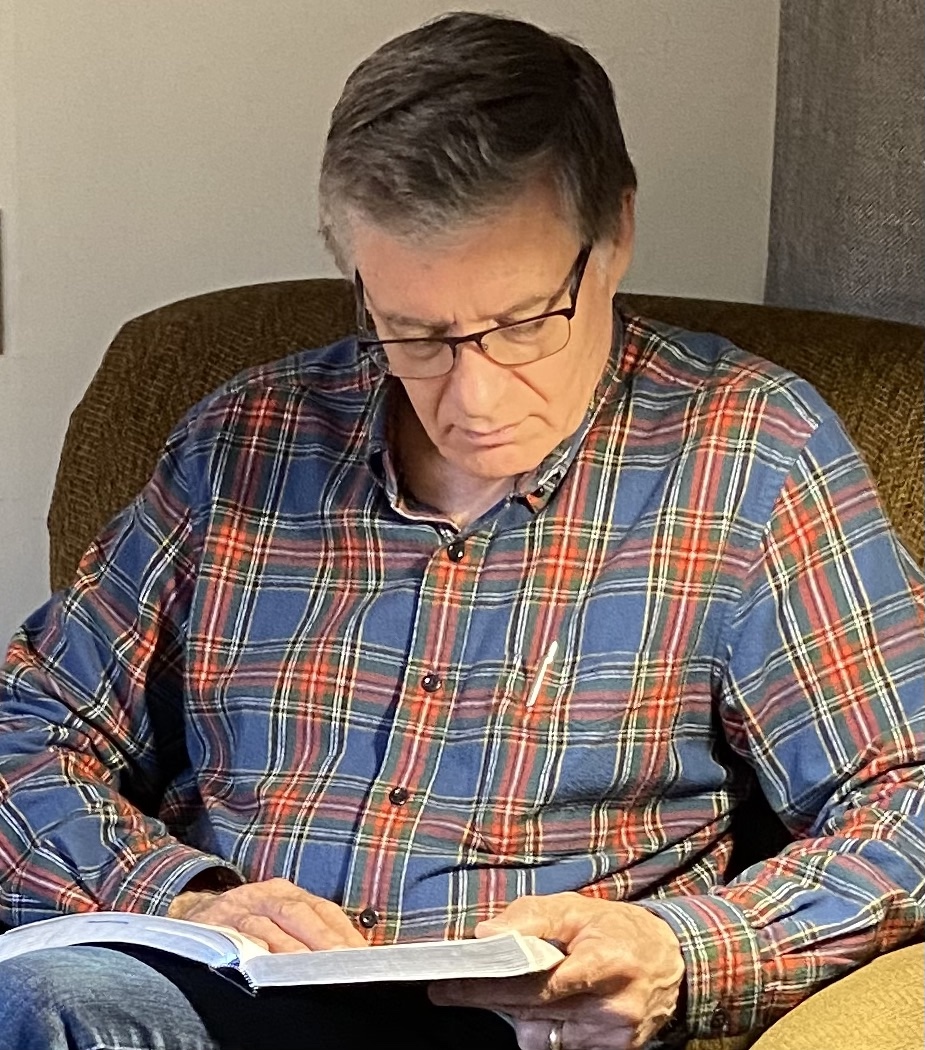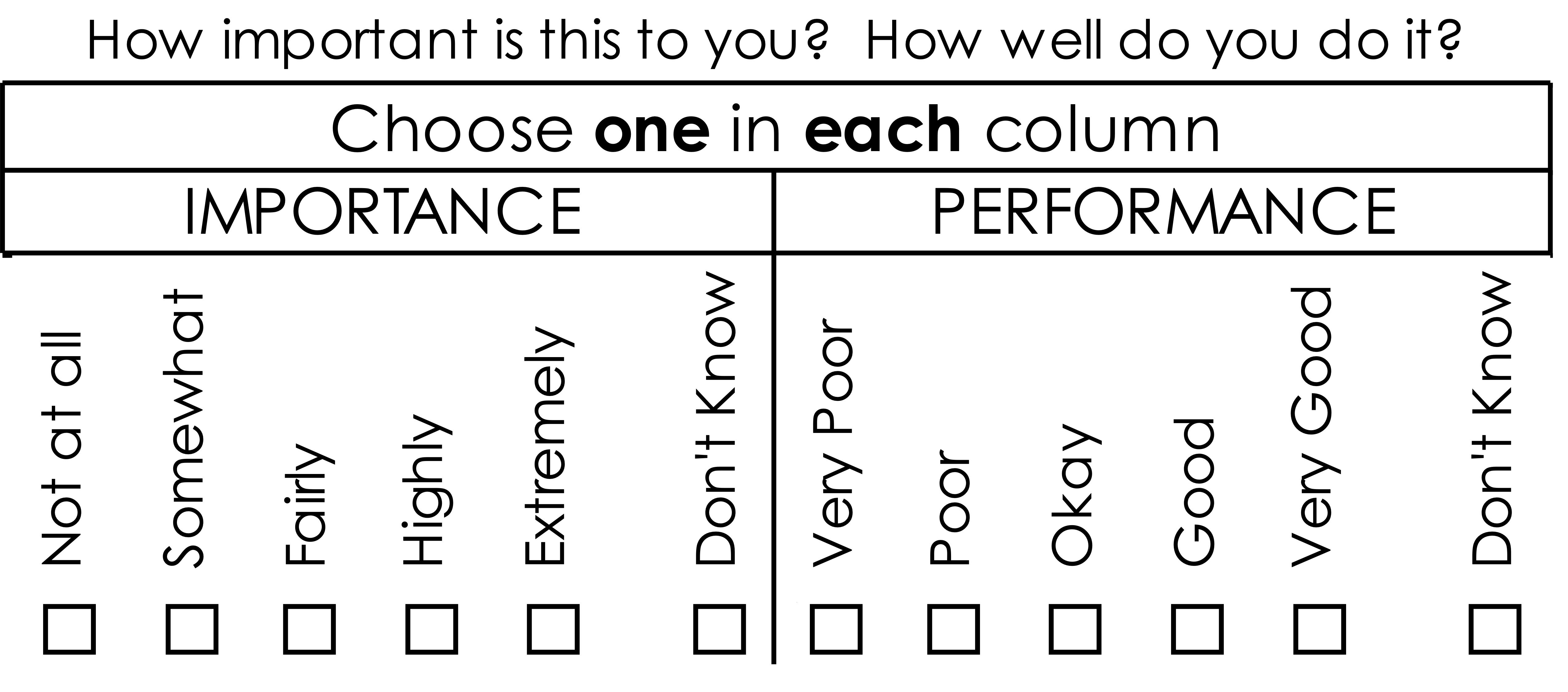A Key Leadership Skill is Knowing When it is Time to Stop or Pause
- Home
- Basic Productivity Skills
- Time to Stop Or Pause
Sometimes we simply have to realize it's time to stop or pause. It may take clear-headed thinking, another individual or circumstances to make us stop. To keep investing time, energy and money is to get diminishing returns or worse, nothing at all.

Having
the good sense to call a halt is a tough decision. But you can do it, and from
time to time you must. Whatever is invested to this point can be added up to
experience learned. You have now learned how not to do it, and that is a
valuable lesson that will stick with you for the rest of your life.
Face it. Continuing forward is an exercise in futility. You are losing valuable time and energy that can be better redirected. Turn yourself and the workforce around and move in a new direction.
"Since, as an adult, it is no one's responsibility to tell me what I need to know, what is it that I must tell myself? These are questions that will be answered only in the stillness that allows the hearing of difficult truths and in the slowness that allows me to notice them."
Dr. David Kundtz, Stopping
Five Days of Coaching to Know if It is Time to Stop or Pause
DAY ONE
How do you feel about abandoning or shelving something you have put a lot of time and effort into? In the past, what has it taken you to let go of pursuing a path that just wasn't working? Does it go against the type of person you are? Are you adept at it? Think about this area of your life and how becoming more effective at it could benefit you and your organization.
The Coach asks:
- You are faced with the facts. It isn't producing fruit. Plenty of thought, time, effort and resources have been invested. The return on the project, program or initiative just isn't there. The environment has changed? Something else has changed. How easily do you let go of something that isn't working?
- What is the internal conversation you are having that involves hanging on or cancelling and letting go?
- Think of a time where you wouldn't let go and kept going too long. What happened? How much did it cost in terms of people, time, energy or money?
- How would becoming more adept at knowing when to stop or pause help you and your organization?
DAY TWO
Given your personal or company situation, what signals usually indicate it's time to let go and move forward? Make this list and train others to use it. It may be hard to do, but it can create benefits and even greater forward motion.
The Coach asks:
- What measurements to you use to determine if a project or initiative is actually working? How do you actually know that you have forward momentum toward to desired outcomes?
- What measurements or "signals" tell you this is a "no win?" Take note of how these same "signals" have shown up at other times as well. List them.
- How could you and your team "read" these measurements, signals or signposts earlier in the process?
- How has your organization traditionally handled the realization that it's time to stop or pause something that so much effort had been put into? How did the most involved people respond? How did the team move forward? How were emotions addressed? What were the longer term consequences?
DAY THREE
Practice giving others around you (staff, departments, regions) the freedom to STOP and move in new directions. This could be tough. On the other hand, they could well surprise you in good ways.
The Coach asks:
- How comfortable are you in giving others the freedom to stop or pause? How do you convey that? By consultation? Be complete independence? What works in your situation?
- If you've never done it to this point, create some guidelines and wording around this. Get it written down in an initial draft. You can always improve it.
- If a project or an initiative comes to a full stop, or even a open-ended pause, what replaces it?
- How do you satisfy yourself and the leadership team that it IS time?
DAY FOUR
Today be aware of making adjustments more quickly. Get clear about the desired outcomes of key projects and programs. If current actions are not demonstrably moving you closer to achieving them, change course today.
The Coach asks:
- If you or your team has traditionally been sluggish about stopping or pausing something that just isn't producing, what needs to happen to speed decision-making up?
- Again, think about your decisiveness as a leader, the measurements or signals needed for decision making. How are you reacting to this particular practice of letting go? What still needs to be addressed in your own thinking?
- Think about projects or initiatives that ended up cancelled. How clear was the original goal? How well defined were the milestones along the way to achievement? What if anything needs to be adjusted in gaining that initial clarity?
- What do you need to stop today?
DAY FIVE
Review projects that you might have had to let go in the past. In light of new circumstances, are any of them worth the time and energy of another look? Don't reinvest energy unless it is warranted. Examine them with an unattached attitude.
The Coach asks:
- What cancelled projects, programs or initiatives (or some part of them) might NOW be worth a revisit? They had to be let go at the time, but in light of new circumstances they may have merit.
- How can you be sure this isn't personal agenda or someones pet project, but that it truly does deserve a revisiting?
- In light of what's changed, restate the goal that drives this second look. Be very crisp and clear about what it is that you are wishing to achieve.
- What have you learned about discerning and taking action when it's time to stop or pause? What has this "week" taught you?
Brothers, What Shall We Do?

As a Christian Executive Leadership Coach I encourage Christian leaders to reflect on God's Word to add to their wisdom.
- Jn 7:24 Stop judging by mere appearances, but instead judge correctly.
- Ac 2:37,38 When the people heard this, they were cut to the heart and said to Peter and the other apostles, "Brothers, what shall we do?" Peter replied, "Repent .."
- Is 1:13 - 20 "Stop bringing meaningless offerings."
- Ac 16:6 - 10 Paul and his companions traveled throughout the region of Phrygia and Galatia, having been kept by the Holy Spirit from preaching the word in the province of Asia.
- Php 3:12 - 14 "I press on toward the goal to win the prize for which God has called me heavenward in Christ Jesus.
If you are a leader, executive, or senior level professional looking to work with a Christian Executive Coach, I invite you to connect with me here.
If appropriate, we can meet by phone or Zoom to discuss your situation.
Record Your Progress
This is your opportunity to track your progress. Start by asking yourself how important this practice is to you? Record the importance as - not at all, somewhat, fairly, highly or extremely.
Now next to it ask yourself how well you carry out this practice. Record your performance as - very poor, poor, okay, good or very good.

The things we track, we pay attention to. Across time, come back and record your new results. You will find that as you are intentional about making improvements, you will bump your "score" up higher.
This is significant. Don't miss the opportunity to acknowledge your success, and use it as a springboard for making even further gain.
Notes
Maybe like me, you've been delayed in achieving good things, because you spent too much time on something that should have been let go a long time ago. Maybe you even knew it was time to stop or pause, but just couldn't bring yourself to do it.
This is the time to be intentional about addressing the thinking, attitudes and actions that led to situations like this. Our time is incredibly valuable and we want to be doing those things that are the most important for us to do.
Contact me here Privacy Policy
© G.E.Wood and Associates. All Rights Reserved in all media.
G.E. Wood and Associates is an international coaching firm registered in Ontario, Canada
142 Pratt Crescent, Gravenhurst, Ontario, Canada, P1P 1P5